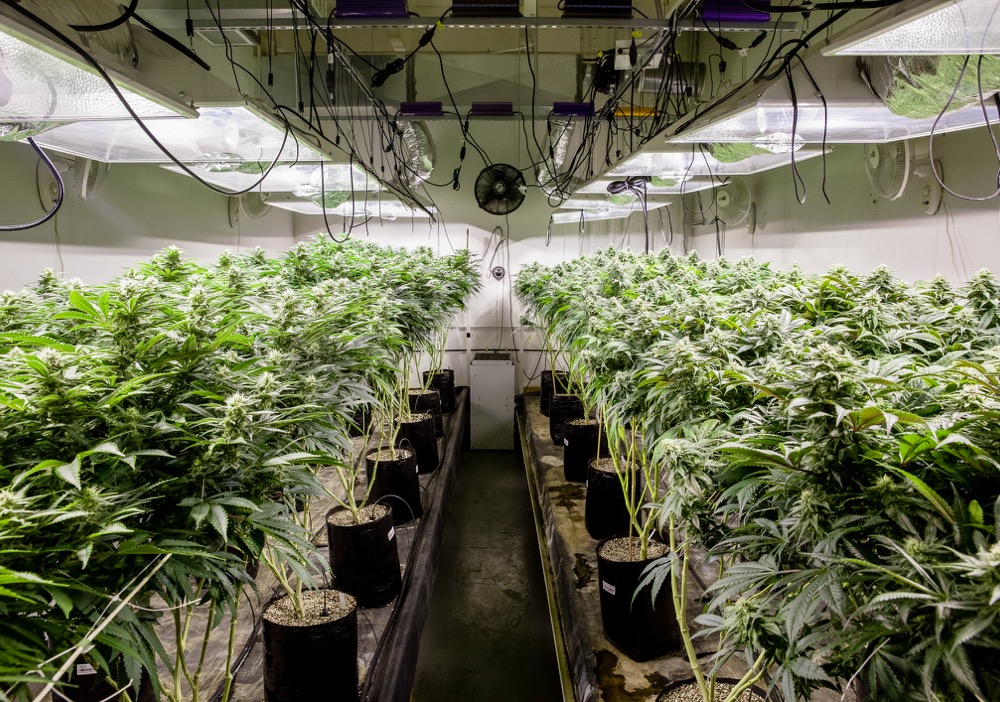What is Considered a “Plant” for my Marijuana Grower Plant Count?

The rules governing the cultivation of cannabis in Michigan revolves around the number of plants a person or entity can legally possess. 12 plants can be grown per qualifying patient under the Michigan Medical Marihuana Act (MMMA); 12 plants can be grown per household for recreational purposes under the Michigan Regulation and Taxation of Marihuana Act; and varying numbers of plants are allowed by growers under the medical marijuana facilities laws and adult use laws – it simply depends on the type of grower license issued.
But what really counts as a “plant” for your plant count? Are marijuana seeds or clones considered “plants”? Or is it only a plant in the flowering/harvesting stage? Unfortunately, the law has not always been super clear when it comes to defining what a plant is.
What is defined as a plant?
The MMMA was enacted in 2008, and defines “marihuana plant” as “any plant of the species Cannabis sativa L. and further cites the Michigan Public Health code to clarify that “marihuana” is defined as:
“all parts of the plant Cannabis sativa L., growing or not; the seeds of that plant; the resin extracted from any part of the plant; and every compound, manufacture, salt, derivative, mixture, or preparation of the plant or its seeds or resin. Marihuana does not include the mature stalks of the plant, fiber produced from the stalks, oil or cake made from the seeds of the plant, any other compound, manufacture, salt, derivative, mixture, or preparation of the mature stalks, except the resin extracted from those stalks, fiber, oil, or cake, or any sterilized seed of the plant that is incapable of germination. Marihuana does not include industrial hemp.”
However, this definition is exceptionally broad. It doesn’t seem to contemplate whether or not 13 seeds would exceed your plant count under the MMMA or would impact your ability to grow 500+ plants as a licensed marijuana grower under the MMFLA. With this in mind, before purchasing any marijuana seeds, it is vital that you are aware of the legal situation in your area. Not sure where to begin? Researching a few different online dispensaries and seed sellers is a fantastic place to start. Just remember to take a close look at their selection of seeds first. Ultimately, where growing cannabis is concerned, it is strongly recommended that you take the time to carry out plenty of research.
What is included in a grower’s plant count?
In an effort to respond to the inquiries of the industry, the legislature amended the Medical Marihuana Facilities Licensing Act (MMFLA) to define “plant” as “any living organism that produces its own food through photosynthesis and has observable root formation or is in growth material.” This one-sentence definition provides clarity to growers and to the industry at large, by affirmatively stating that a “plant” for plant count purposes must have roots or is in some form of growth material.
Therefore, if your seed hasn’t germinated and isn’t in growth material (such as soil), then it falls outside the definition of a plant. It may now be considered normal for people to grow cannabis seeds in their gardens as it can be legal to do so in some places. By choosing i49.net, you can have a look for the perfect cannabis seeds to grow, suiting beginners and people who want to try something different. You might not have to wait long to have fully grown plants of your own. However, it is important to note that immature plants or plants that aren’t in flowering stages still count as plants under this definition and should be attributed toward the grower’s total plant count.
A violation of the plant count can have civil or criminal penalties associated with it. It is important to understand how your cannabis company or your home grow complies with the law. Speaking with an experienced cannabis attorney ensures successful compliance with state and local regulations so that your cannabusiness continues to “grow.”
Categories
Cannabis Legal Group Free Consultation
Get in Touch With Michigan's Most Trusted Cannabis Law Firm
We’ve Been Helping Michigan Marijuana Businesses Lay the Groundwork for Long-Term Security and Success for Years, and We Can Help You, Too.
Phone Number:
(248) 301-0626
© Cannabis Legal Group. All rights reserved.

